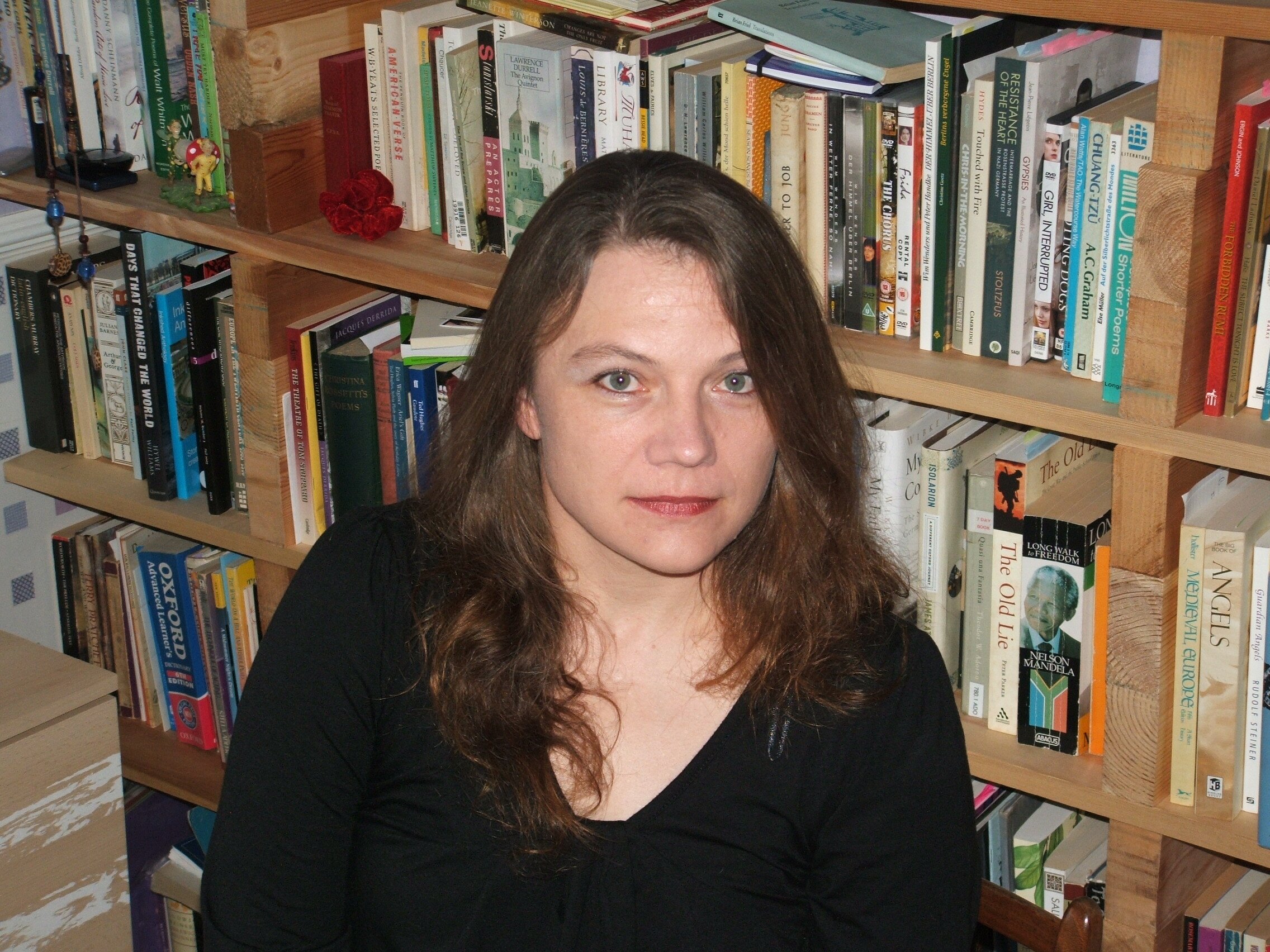 I have been puzzled and then disturbed by the AQA’s paradoxical decision to remove Carol Ann Duffy’s Education for Leisure from the GCSE syllabus and yet to do so in a controlled and slow way, so as not to create extra work for any teachers but on the other hand not to expect anyone to step even for a moment out of their comfort zone. Since when was ‘comfort’ a criterion for quality education – or fear of work? Does this strike anyone else as ludicrous? If the poem is putting young people at risk – why wait a whole year before it is removed (in fact – why don’t we burn all the anthologies – but more of that later).
I have been puzzled and then disturbed by the AQA’s paradoxical decision to remove Carol Ann Duffy’s Education for Leisure from the GCSE syllabus and yet to do so in a controlled and slow way, so as not to create extra work for any teachers but on the other hand not to expect anyone to step even for a moment out of their comfort zone. Since when was ‘comfort’ a criterion for quality education – or fear of work? Does this strike anyone else as ludicrous? If the poem is putting young people at risk – why wait a whole year before it is removed (in fact – why don’t we burn all the anthologies – but more of that later).
We are told that while AQA ‘acknowledges that when taught sensitively [this poem] enables schools to explore the contemporary social context and the psychological context surrounding the narrator of the poem alongside its literary merits . . . [AQA] cannot be certain that all teachers are comfortable with the poem and, as with any literary text, [AQA] can never be sure that the subject matter will not affect some readers adversely.’
Surely then we should also be removing Hitcher and Salome – both poems about chilling violence. Are we to assume then that, while we are anxious about knife crime, all teachers are comfortable with violent and terminal sex? Are we comfortable with gratuitous violence against strangers who choose a different lifestyle to our own – as long as it does not involve a knife? Not likely.
What exactly has this decision been based on, then? Is it real concern for rising violence and criminality amongst the youth? Clearly not as we are, more or less comfortably – for the sake of teaching one less poem – putting ‘at risk’ the cohort of 2009.
What are the chances that this decision stems merely from a fear of litigation when at some unstipulated time as yet, a parent, distraught at the loss of a child to knife crime, claims that the school syllabus is to blame for that child’s death?
What a hideous way to look at this issue – what a terrible failure of courage. Child dead: school cannot be blamed. Tick. And surely the only box this approach can ever tick.
Are we really to teach in a world in which what people are comfortable with is more important than good poetry? Or the pursuit of truth? Or courage? The courage to discuss crime, violence, poor education and the courage to stand in the face of whatever consequences such a discussion might bring. Surely the consequences of a failure to discuss such things are equally terrible – does inaction mean we stand free from blame? Is that the bit which should concern us?
This decision becomes even more contradictory in the light of the new Key stage 3 Syllabus, which hopes to turn out creative, thoughtful, caring and compassionate citizens. Is it another one of these strange attempts to build a guarantee into education, to take the risk out of the riskiest business in the world – the development of the human mind – which surely can only diminish all of those capacities in pupils and teachers alike?
No doubt the concerns of the public (oh, the convenience of the word, which covers so much but means so little) are real and serious but avoidance is almost certainly not the way to deal with them.
What is so chilling about this removal (we are advised to destroy the old anthologies by 2010) is the thought of the other kinds of authorities that have felt it necessary to destroy books, to curtail what is taught and so to curtail how and what people think. The agendas of such governments were (I hope) very different – but the result (I fear) will be the same: fear. And what hope is there for the flourishing of the youth’s humanity if those who should be guiding it fail in their courage with such alarming regularity.
We teach now in a climate of fear – not of the big and legitimate fears of mortal existence: those of calamity, loss and pain – but the craven fear of the failure of having filled in the risk assessment accurately and therefore of being held responsible for what happens. It is not what might happen that we are encouraged to fear – but being blamed for it!
Because let’s face it, removing Education for Leisure from the syllabus is not going to prevent one actual crime is it? It is merely rearranging the deckchairs on the Titanic – albeit in an orderly and ‘thoughtful’ way. Sad ironies multiply as those we have entrusted with the guardianship of the quality of English education fail to rise to the challenges of this poem, which is not only about knife crime.
